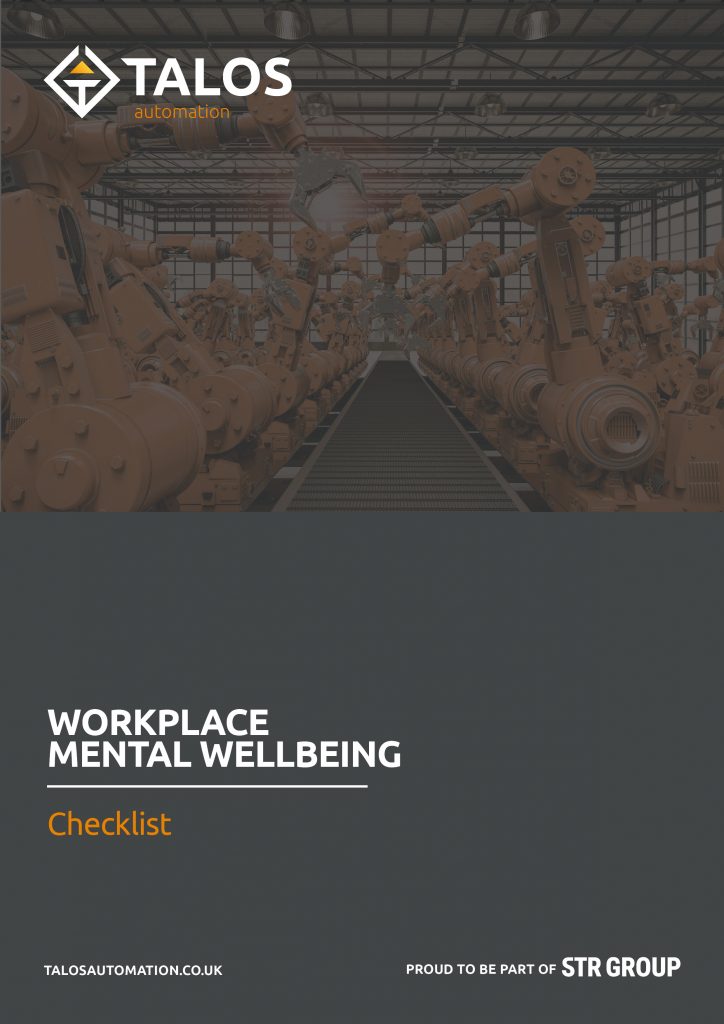8 Reasons to support mental wellbeing in the workplace
Do you want to create a healthy, supportive and thriving workforce? Supporting mental wellbeing in the work place can do just that.
Promoting wellbeing In the workplace can help prevent stress and create positive working environments where individuals and organisations can thrive. Good health and wellbeing can be a core enabler of employee engagement and organisational performance.
Many businesses are now focusing on mental wellbeing but some are still unsure whether this kind of support would significantly benefit their employees. Below are 8 reasons really worth considering.
Work-related stress
We know that stress is not uncommon in the workplace or in our day-to-day lives. Most of us have competing claims on our time and attention that cause some level of stress, but with enough time, resources and support, we tend to be able to manage it. However, this kind of stress can have all sorts of adverse effects, and it can have a real impact on your team’s quality of life.
Employees are at risk
A stressful environment can make your employees more vulnerable to developing further issues, such as anxiety, depression, and insomnia, as well as the physical illnesses that stress can cause.
1 in 4 adults in the UK experience mental health problems.This stat alone shows why mental wellbeing should be a focus for every business out there.
Support shows your employees that they matter
Having a system in place to support your team’s wellbeing shows them that you care. Offering your team genuinely useful tools and a safe space to manage their stress will help them see what you’re doing as authentic. Showing that you value and care about them will help them be authentic too, which has its own benefits for wellbeing and for business. When people are authentic, they tend to be open and honest, which benefits workplace relationships and communication throughout the whole organisation.
Create a genuinely great place to work
Creating a great place to work doesn’t just mean early finishes or treats at Easter. Perks like these are welcome, and they do contribute to happiness at work, but to make sure employees feel valued and cared for, their mental wellbeing needs to be looked after too.
Mental wellbeing boosts employee engagement
Stress negatively affects engagement as well as turnover, so reducing stress is a very good thing for your employees and your company.
Happy and enthusiastic workers are great for your business and, according to Forbes, workplaces like this are 21% more profitable.
You can attract and retain the best talent
Company culture is increasingly important to prospective employees, and with an increasing number of businesses competing to be the best places to work, a company culture that supports employees’ mental wellbeing is now an essential part of attracting, as well as retaining, the best talent.
It encourages creativity and innovation
Creativity and innovation are valuable traits, but both can be damaged by stress.
Supporting the wellbeing of workers and helping them to reduce stress can boost creativity and innovation, which has the added benefit of increasing intrinsic motivation.
More resilience
We will always come up against stress, whether from global events, incidents in our personal lives or those at work, such as organisational change.
Supporting your team by giving them practical tools to handle stress helps them build resilience, and that has to be a good thing, now and moving forward.
Download our Workplace Mental Wellbeing Checklist
The Workplace Mental Wellbeing Checklist below has been designed for our clients to self-assess their current employee wellbeing strategy and practices to recognise what they already have in place, identify gaps and inform plans and actions to make improvements.
This checklist should be completed by a group of colleagues with representatives from both management and employees.
After reading this checklist, you should:
- Assess current policies and programmes
- Develop and implement mental health initiatives
- Foster a supportive culture

